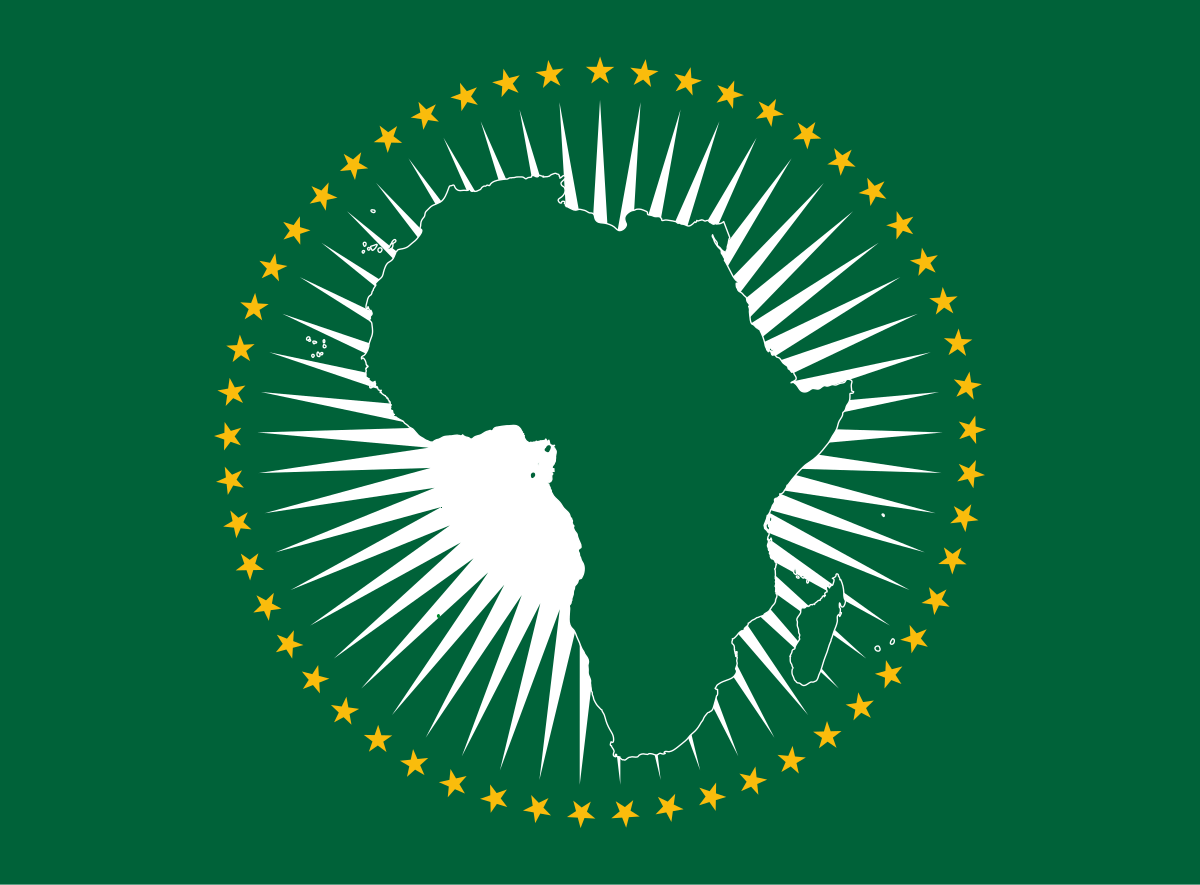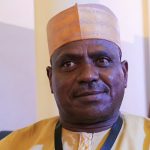COVID-19 took Africa by storm before taking it on an excruciating rollercoaster which, though it has slowed today, is yet to come to a full stop.
In 2020, it was seemingly out of the blues that the novel coronavirus bolted out, swiftly spreading and casting large swathes of the world`s populations into thick clouds of infection, infirmity and eventually death.
However, even as all cities went into lockdown with people dropping like flies, and healthcare systems stretched to breaking point, the origins of the virus remained shrouded in mystery. Till this day, the veil of mystique shrouding the virus is yet to lift.
As science struggled to keep up and find answers to the many questions posed by the virus, Africa watched, transfixed by just how lethal the virus was proving to be in more advanced countries and continents. In fact, while many Africans wondered just how devastating the virus would prove to be if it came to the continent, scientists, who were more like prophets of doom, given the circumstances, predicted millions of infections and deaths on the continent at the instance of the virus.
The predictions were not at all blind. They were predicated on patterns observed in other places and the conclusion that Africa could have it worse than some western countries where the virus proved destructive was sound because it took into consideration Africa`s ancient struggles with some of the non-medical measures which could check the rampant surge of the virus.
When the virus was brought to Nigeria by the recalcitrant, who came back from infected countries and refused to isolate against medical advice, Nigerians were terrified because it appeared doomsday had finally dawned.
The virus whipped up a cyclone of health issues as well as political and social issues. While many Nigerians fell sick and some died, many others found cause to question even further the actions of the government in containing the virus given that mistrust was never far away. The measures put in place which included lockdowns also affected many lives and livelihoods. One can easily remember the widespread anger that informed the warehouse lootings in 2020 which anger no doubt served to fan the embers of the EndSARS protests that rocked the country in October 2020.
Vaccines for the coronavirus have since been developed and while many Nigerians have lined up to receive same in spite of abundant vaccine scepticism- fewer than one in six Africans have had two doses of a coronavirus vaccine -many others are yet to receive.
Figures from the Africa Center for Disease Control and Prevention (Africa CDC) show that just 16% of people on the continent are fully vaccinated.
Only recently, South Africa, which is the African country that has recorded the most coronavirus cases and deaths on the entire African continent, announced that it was entering a fifth COVID-19 wave. Since the onset of the pandemic, South Africa has reported more than 3.7 million COVID-19 cases in total and recorded in excess of 100,000 deaths.
The World Health Organisation recently stated that Africa is seeing a rise in COVID-19 cases largely driven by South Africa. It recently stated that new COVID-19 cases and deaths on the continent increased for the first time after a decline of more than two months for cases and one month for deaths.
It is concerning that COVID-19 continues to rage in Africa, imperiling Africa`s most vulnerable people. It is not just that vaccines have to be made readily available; people must continue to be educated on why they should receive same for it is only by so doing that they can truly protect themselves and their loved ones.
Kene Obiezu, [email protected]

 Join Daily Trust WhatsApp Community For Quick Access To News and Happenings Around You.
Join Daily Trust WhatsApp Community For Quick Access To News and Happenings Around You.



